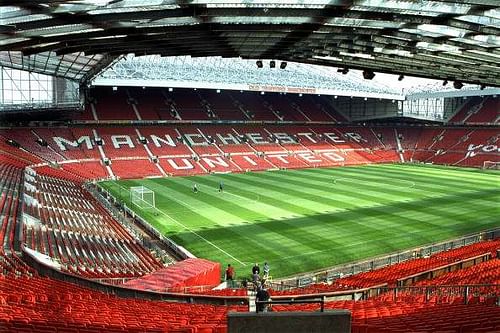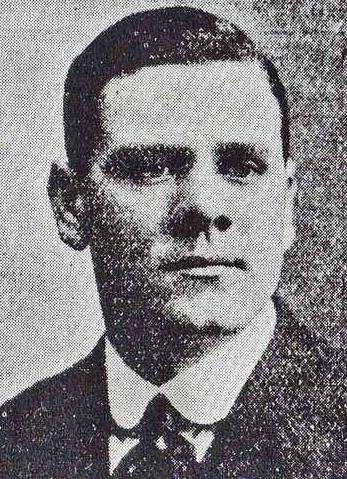
George Hunter: The first Indian-born footballer who played for Manchester United
For a football crazy country like India, we sure know how to love our footballing heroes. Though the game has taken a backseat to cricket in recent years, it nevertheless remains an important and entertaining part of Indian Sports. As viewers invested and interested in world football, we Indians have always showered praises on those players of Indian origin who have managed to play for foreign clubs or nations. It gives us a sort of unexplainable joy to watch footballers in the international circuit and sometimes heartily support those who have an India-connect.
Right from when Mohamed Salim became the first ever Indian player to sign a contract for an overseas club when he had signed for Scottish club Celtic in 1936, to Real Madrid signing 11-year-old Indian American Joshua Pynadath in 2013, from Indian-origin Vikash Dhorasoo playing for France in the 2006 World Cup to Bhaichung Bhutia becoming the first Indian footballer to sign with a European club during his time at Bury FC, we have always been interested in Indian-origin players who are in the international spotlight.
With Wales’ Neil Taylor, who has a Kolkata connection, again in the limelight during Euro 2016, it’s time to look back on another player who not only fought in WW1 but also played for two of Europe’s biggest clubs - Chelsea and Manchester United and had an India connection.
George Charles Hunter, nicknamed ‘Cocky’, had a colourful footballing history where he was known for his wild temperament and for being embroiled in a number of controversies. He was born in Nowshehra, British India (in present-day Pakistan) and in his pre-football career was a part of the Royal West Kent Regiment in Maidstone.
Also read: Top 10 bad boys of football
His early military career ended after being discharged for misconduct after he was found guilty of theft in 1907. However, he would return to the army during the first World War where he would hold various posts including that of acting sergeant and gymnastic instructor.
English football success
However, it’s his football career between his two military stints that are of special interest. Hunter reportedly started his playing career at Croyden Common but found success early on while playing for Aston Villa where he helped them to win the 1909/10 First Division title. Hunter then joined Chelsea in March 1913 and his first match was against Manchester City which Chelsea won 2-1.
His next signing was for Manchester United, when they paid £1,300 for the 5' 7" half-back for his transfer from Chelsea. Debuting against Aston Villa in 1914, Hunter would go on to become the captain for Manchester United after proving himself at the club and entering into the regular playing eleven.
However, his wild ways and breach of regulations continued to be a problem for the club and affected both his playing and his personal life. Ultimately, United had had enough and his contract was cancelled in January 1915 after yet another unsavoury training ground incident.
It’s also of interest that Hunter played for both Chelsea and Manchester United. If club rivalries in the past existed to the level that they do now, we can only imagine the bitterness and gloating it would have caused among rival supporters – for a clue we can look at the recent transfers between rival clubs : Sol Campbell - Tottenham to Arsenal, Eric Cantona - Leeds to Manchester United, Fernando Torres - Liverpool to Chelsea and Juan Mata - Chelsea to Manchester United.
Hunter would turn to a sports-writing career after his retirement from football. However, the erratic and wild in him would not be suppressed and he was subsequently brought before court for assault, theft and finally for deserting his family. His wife is on record stating: “This is the first time I have seen my husband in eleven years. He was a drunkard and a gambler. I was only seventeen when I married him.”
Maybe football needs people like him purely for the entertainment value and not for moral or ethical characteristics, remember them for their onfield exploits and condemn them for their personal faults, and if he had continued at the club with his continued success and fiery temperament, United might have seen in Hunter a precursor of a certain George Best or Eric Cantona.
Hunter also was a guest player during the First World War and is reported to have ended his playing career in 1919/20 after playing for Portsmouth.

